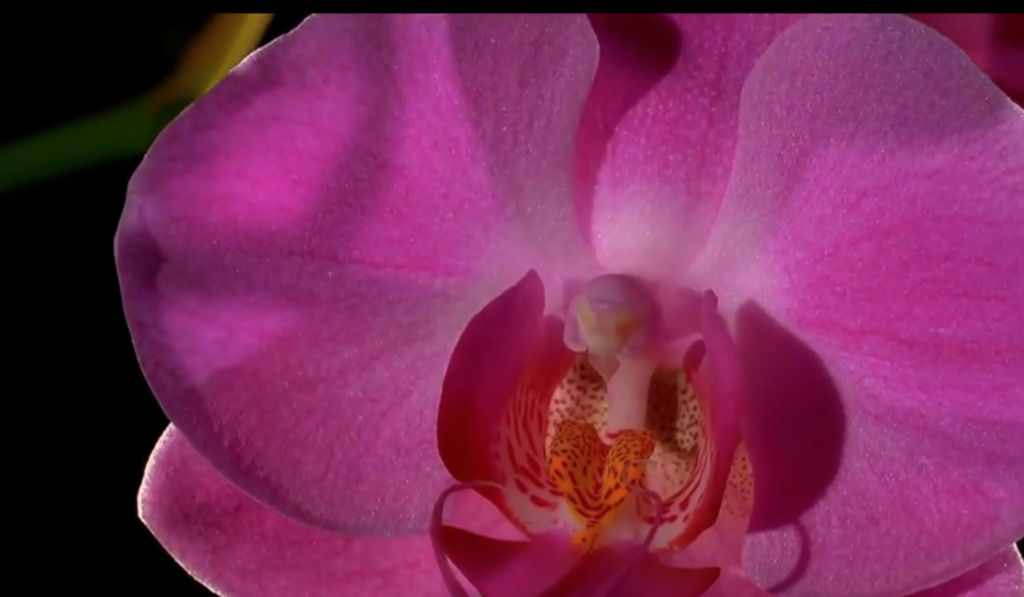“Mimi, look! These thorns have a rose on the end!!”
—Lauren Smith, age 4
While similar words were stated quite eloquently in the 19th century by French poet Jean-Baptiste Alphonse Karr, “Some people are always grumbling that roses have thorns. I am thankful that thorns have roses,” my granddaughter, Lauren, had never heard the words of the poet when she uttered her discovery and delight. She was holding a rose to give to me, her grandmother (“Mimi”), and I realized at that moment how grateful I am for all that is in my life: my grandchildren, my grown children, such blessings — and this was before a car accident in 2009 that nearly claimed my life and forever changed my perspective.
My friends, I speak to you personally, now, with an open heart. I thought I knew gratitude until I was on life support, fighting for my life. Suddenly the touch of a cool wash cloth was heaven and the reassuring voice of my doctors, a gift greater than gold. I heard the voices of my children, grown up now but frightened; reaching into the depth of themselves for a maturity and a presence for which they were not prepared. They were by my side — strong and loving. I was never alone and I have never felt so wealthy.
What am I grateful for? Absolutely everything. I am healed now and I embrace each moment as a miracle and a gift. Yes, of course I know frustration, disappointment and sadness — and I also know the joy of a sunny morning, the taste of fresh berries, the warmth of my best friend’s hug. I know it all because I am alive: grateful, beyond words.
Gratitude is an emotion expressing appreciation for what one has—as opposed to, for example, a consumer-driven emphasis on what one wants. The benefits of practicing gratitude daily are nearly endless. People who regularly practice gratitude by taking time to notice and reflect upon the things they’re thankful for experience more positive emotions, feel more alive, sleep better, express more compassion and kindness, and even have stronger immune systems.
Research by UC Davis psychologist Robert Emmons, author of Thanks!: How the New Science of Gratitude Can Make You Happier, shows that simply keeping a gratitude journal—regularly writing brief reflections on moments for which we’re thankful—can significantly increase well-being and life satisfaction. The article The Science Behind Gratitude (And How It Can Change Your Life) offers tips for key ways to start a gratitude practice.
Everyone has something to be grateful for. Begin with two or three things you are grateful for and then build your gratitude list. Make your list and add to it each morning and each evening. Be sure to review your list often. For an even stronger dose of health and happiness, express your gratitude to someone else. Holding the thought of gratitude for a good friend will benefit you. Expressing that gratitude to the friend will benefit both of you. Soon the “state” of gratitude will become a “trait” of gratefulness — a permanent personality aspect that benefits everyone.
MINDFULNESS ACTIVITY
If you started each day with gratitude, what three things would you list? If you ended each day with gratitude, what three things would you list? Is there something you might consider being grateful for that bothers you? Is there someone you might consider being grateful for who bothers you?
FOOD FOR THOUGHT
The one thing all humans have in common is that each of us wants to be happy, says Brother David Steindl-Rast, a monk and interfaith scholar. And happiness, he suggests, is born from gratitude. Brother David’s TED Talk, Want to Be Happy, Be Grateful is an inspiring lesson in slowing down, looking where you’re going, and above all, being grateful.
Nature’s beauty can be fleeting — but not through Louie Schwartzberg’s lens. His stunning time-lapse photography, accompanied by powerful words from Benedictine monk Brother David Steindl-Rast, serves as a meditation on being grateful for every day.

Nature . Beauty . Gratitude